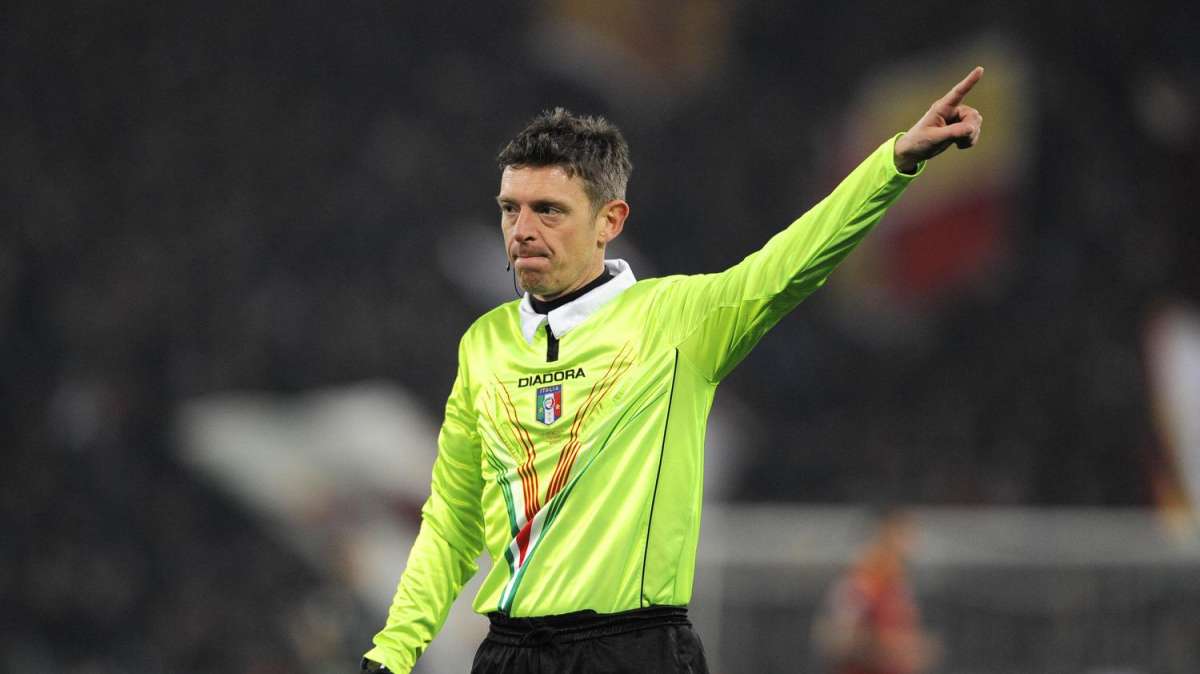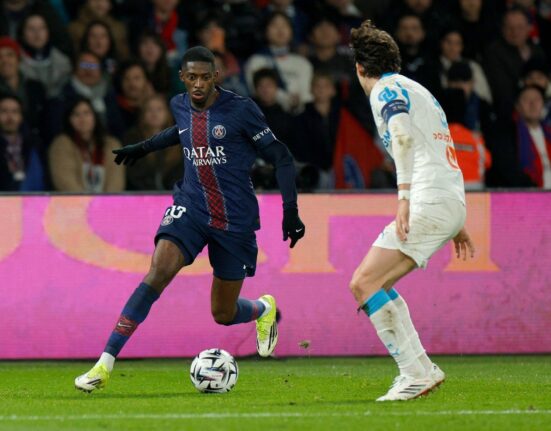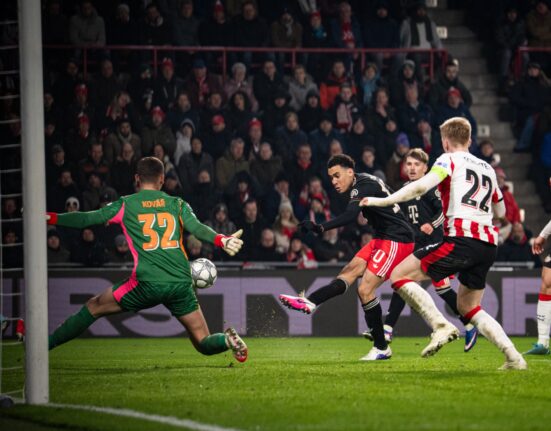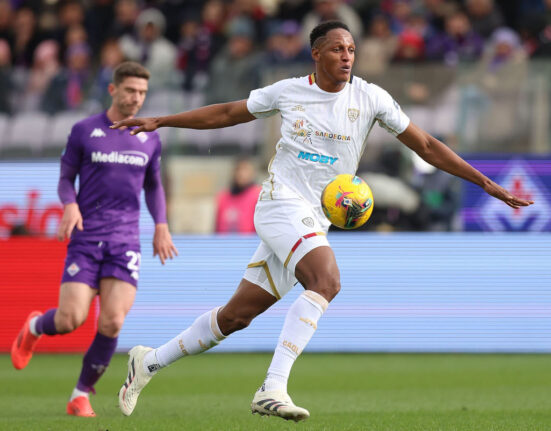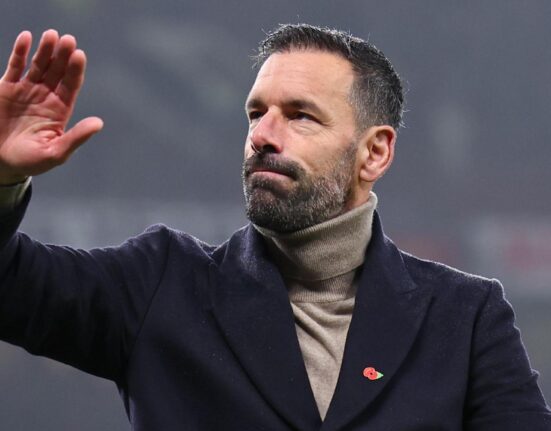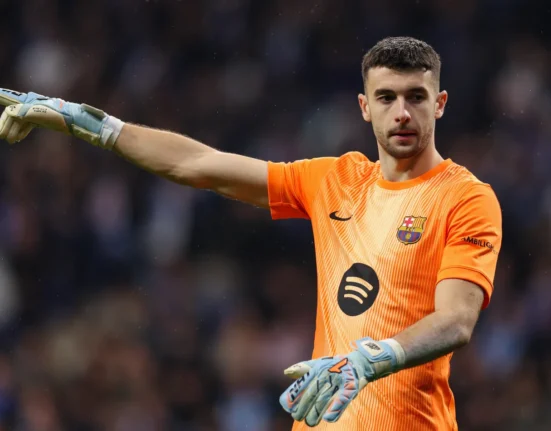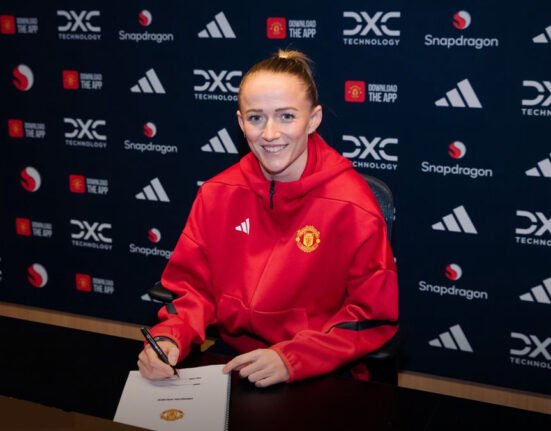Serie A refereeing chief Gianluca Rocchi has gone public with a rare double message to the league: VAR needs to be sharper, and players need to cut out simulation. Speaking during a wide-ranging review of officiating standards, Rocchi admitted that the technology has already produced avoidable mistakes this season and insisted that it must support, not overshadow, the referee on the pitch. At the same time, he warned that diving and exaggeration are becoming a growing problem that damages the credibility of the competition.
VAR under the microscope
Rocchi’s central point was clear: VAR is not there to “referee the match from a screen.” He acknowledged that some interventions in the opening stretch of the 2025–26 campaign were wrong and could have been avoided with better protocol and execution. The priority now is recalibration — tighter thresholds for intervention, cleaner communication between video officials and the on-field referee, and more consistent interpretations of key incidents.
His comments land in a season where refereeing decisions have already shaped headlines, from disputed penalties to long stoppages for reviews. With clubs and coaches increasingly vocal, Rocchi’s admission reads as both accountability and a warning: errors will be addressed, but the authority of the referee remains non-negotiable.
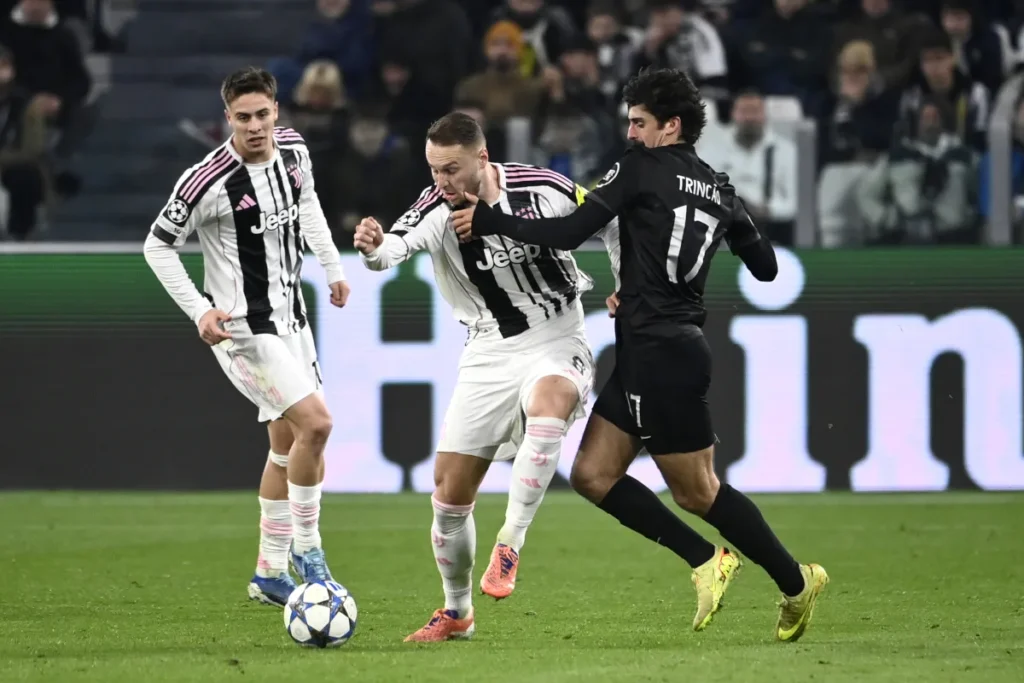
A league-wide push against simulation
Just as strongly, Rocchi went after what he called “bad habits” from players. His message was less about punishment after the fact and more about changing behavior in real time. He argued that simulation doesn’t just trick referees — it undermines the sport itself, forcing officials into impossible judgments and dragging VAR into situations it was never meant to solve.
Serie A has already been moving toward a tougher stance on borderline penalties and theatrical contact. Rocchi’s remarks reinforce that direction: fewer rewards for exaggeration, more scrutiny of body language and intent, and a stronger expectation that players stay honest in duels.
Why Rocchi is speaking now
The timing is no accident. The early season has produced a cluster of controversial moments, and there has been visible frustration across the league. Rocchi is trying to reset the tone before the pressure becomes structural — on referees, on VAR crews, and on the league’s reputation.
This also ties into broader changes already in place for 2025–26, including clearer in-stadium explanations of VAR decisions after on-field reviews. The goal is transparency, and Rocchi’s public stance is part of that same effort: admit what needs fixing and spell out how Serie A wants games to be played.
What happens next
Rocchi’s intervention sets expectations for everyone. For referees and VAR teams, the bar is consistency and restraint — fewer unnecessary reviews, fewer avoidable mistakes, and sharper alignment with the on-field call. For players, it’s a warning that the league is done tolerating easy falls and manufactured fouls.
Whether this becomes a turning point depends on what supporters see over the next rounds. If VAR decisions tighten and simulation is punished — or simply stops being rewarded — Serie A could steady a debate that has been simmering for years. If not, the pressure Rocchi is trying to relieve will come roaring back, louder than before.

